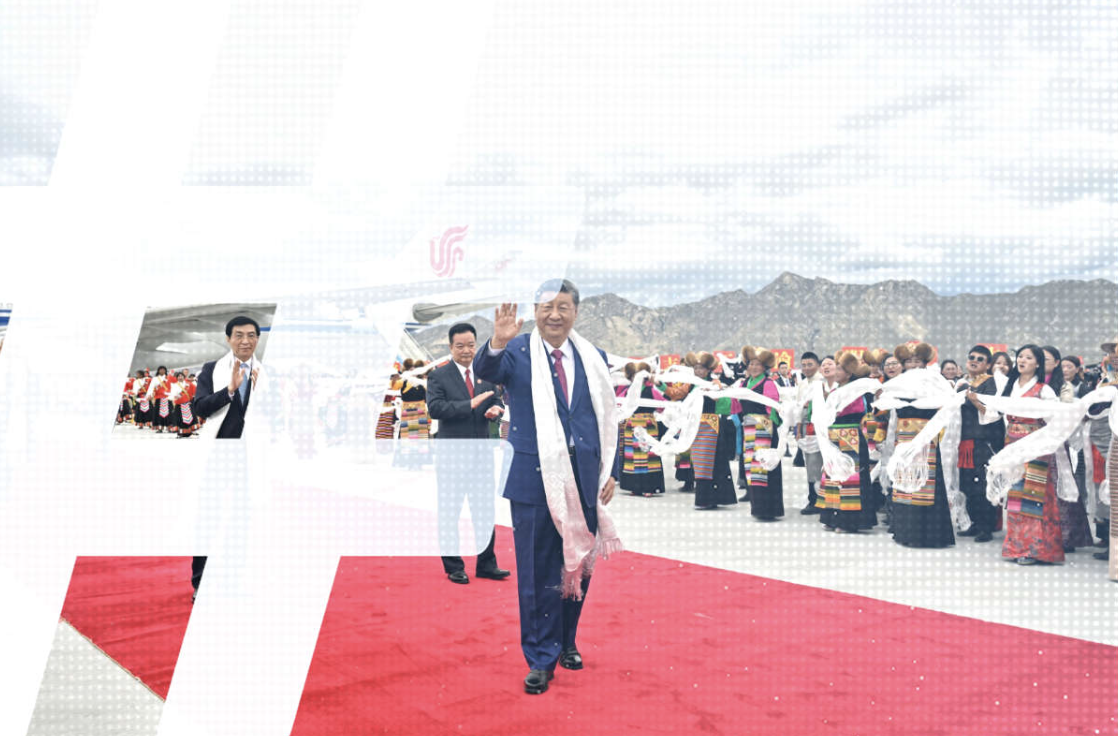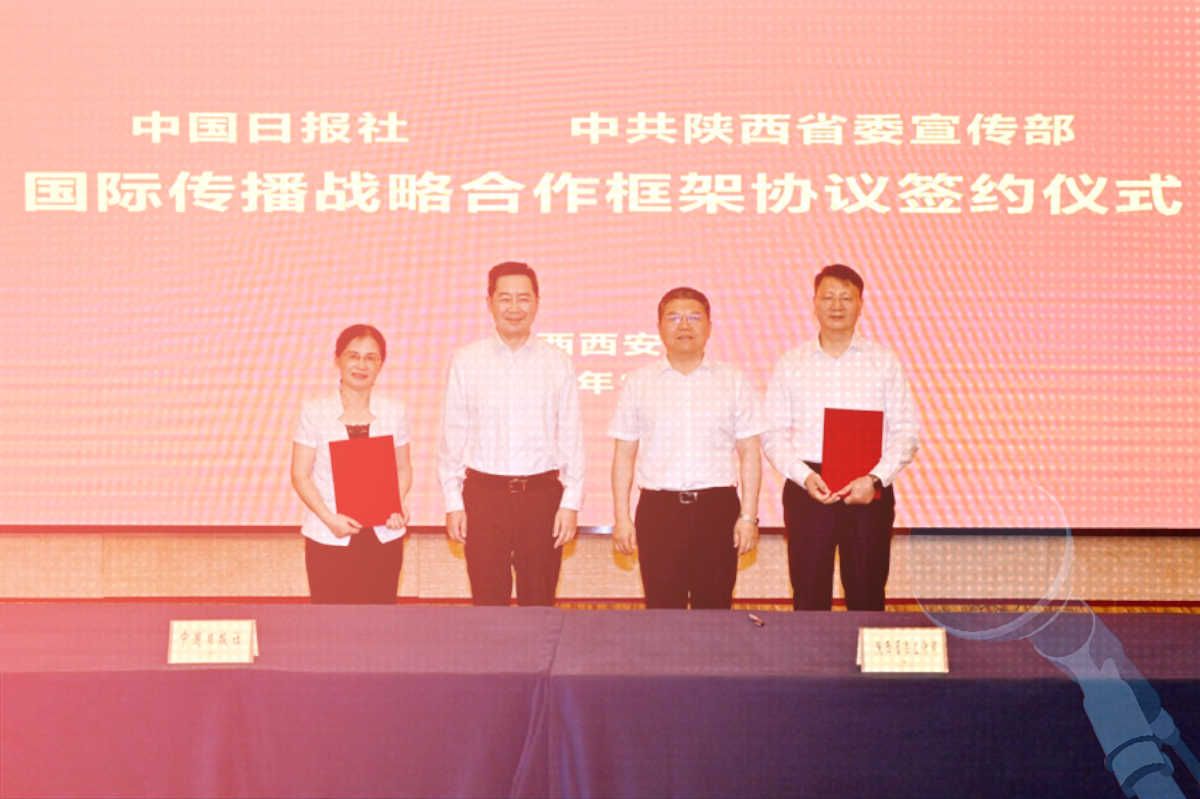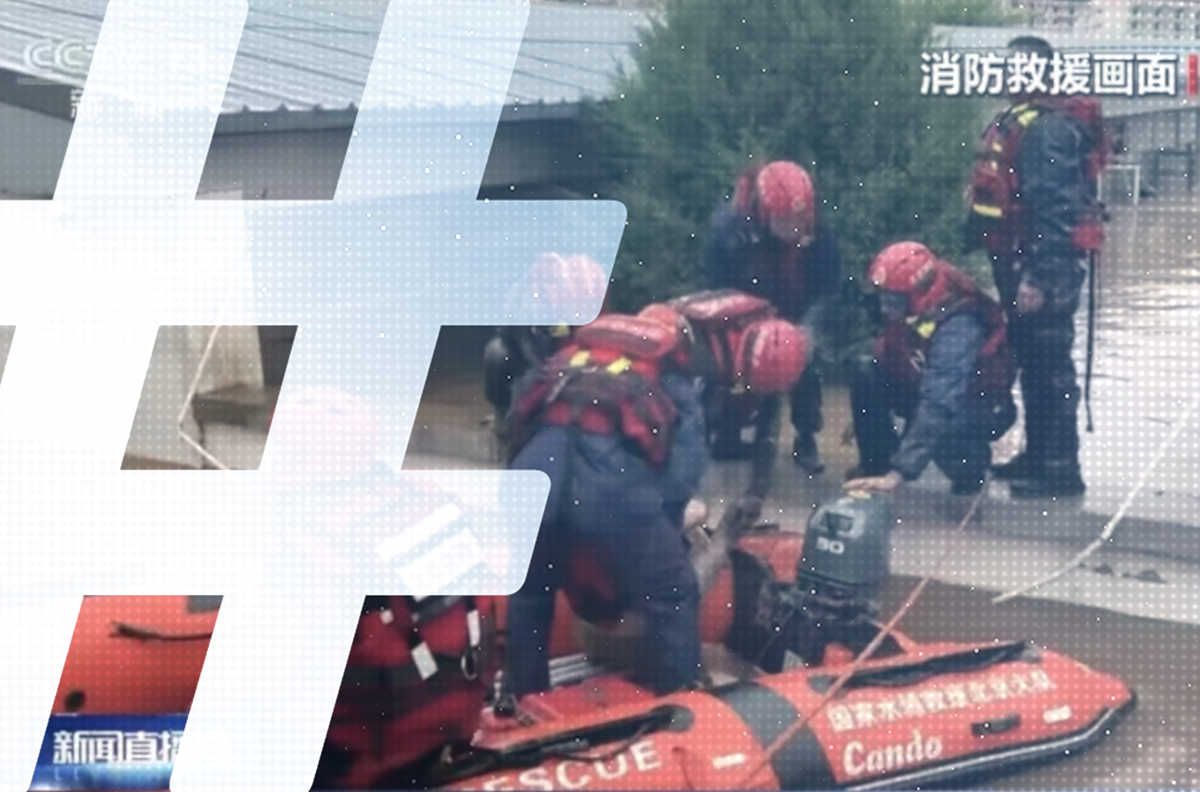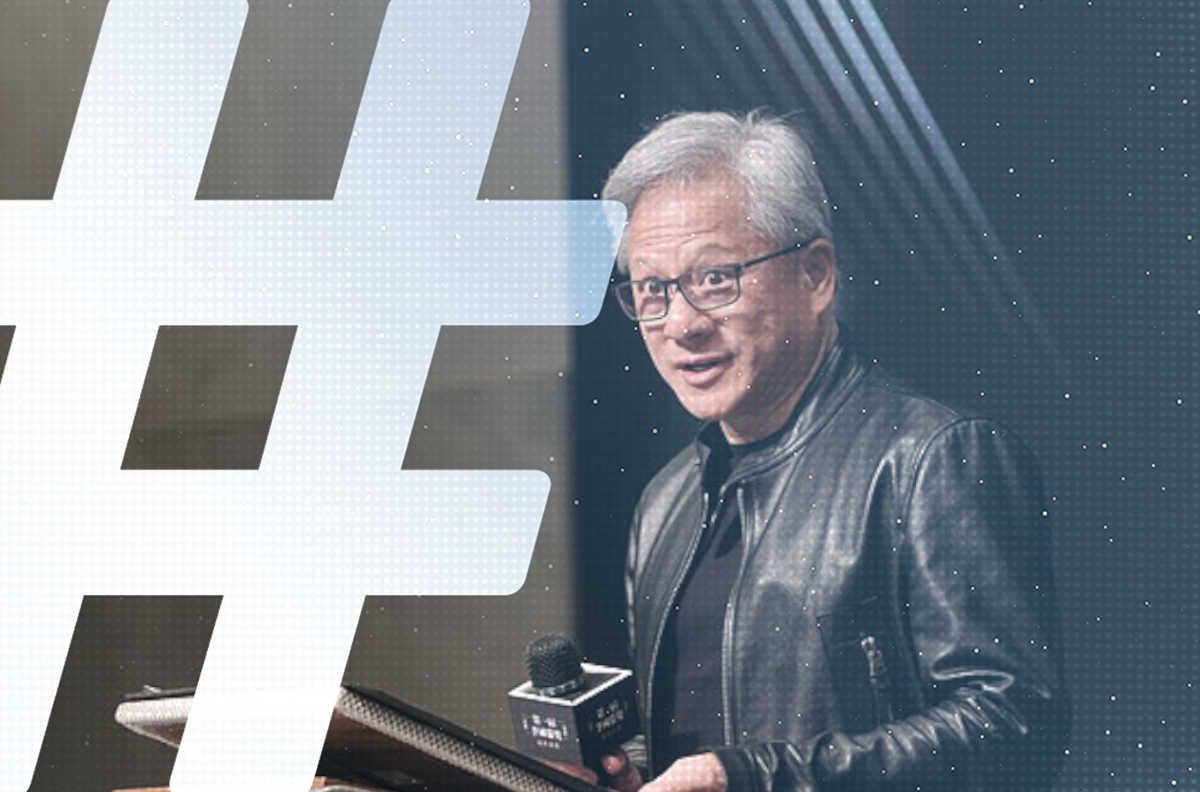MEETING BACK IN NOVEMBER last year with recipients of the Yangtze Taofen News Prize (长江韬奋奖), considered one of the most prestigious honours in Chinese journalism, President Xi Jinping said he hoped all journalists could be “news workers trusted by the Party and by the people.”
Trust and credibility are of course questions at the heart of journalism — questions that are again the subject of fresh and fierce deliberation in the West in the era of “post-truth.” But what does trust actually mean in the context of the Chinese journalism as it is understood and delineated by the Chinese Communist Party?
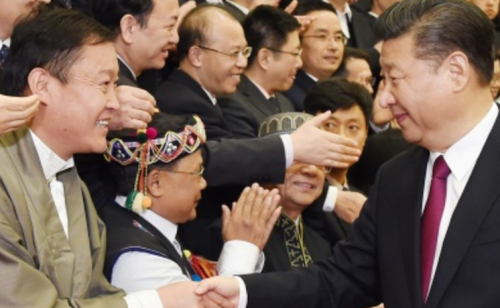
Answering this question is the thankless task of an article in the most recent edition of Seeking Truth, one of the Party’s leading journals of theory and policy. And, just as thanklessly, we summarise the article’s main points here to help readers better understand press policy in the Xi Jinping era.
The Seeking Truth article, attributed in the byline to the Party Committee of the All-China Journalist’s Association — an official industry organisation purporting to represent the interests of media professionals but more importantly representing the Party’s interests to and through journalists — explores the “four directions” (四向) formula outlined by Xi Jinping in November, and pledges to lead all journalists in enacting them as the “four actions” (四做).
In typical biaotai (表态), or “declaration of official support,” fashion, the Seeking Truth article back-scratches the president, saying that his remarks on journalism have “enriched the press theory of socialism with Chinese characteristics.”
So here we have the formula:
Adhering to the correct political direction, being a news worker with steadfast politics.
Xi Jinping emphasised that news workers must adhere to the correct political direction, maintaining a high degree of unity (高度一致) with the central Party leadership. They must adhere to the Marxist View of Journalism (马克思主义新闻观), which essentially means A) supporting the principles of the Party, B) criticising the “bourgeois concept of free speech,” and C) maintaining “correct guidance of public opinion” (meaning media control to maintain political stability). According to the article, news workers must “deepen their understanding of the relationship between the Party nature and the people nature” (党性和人民性关系), meaning they must understand their role as “mouthpieces” that speak simultaneously in a unified voice for both the Party and the public — and not as independent voices for a supposed public interest. The bottom-line, as Xi Jinping re-emphasised in February last year, is that the Party runs the media, and “all media are surnamed Party.” As the Seeking Truth article said, journalists must ensure “the full realisation of Party control of the news, and Party control of the media.”
Adhering to correct guidance of public opinion, being news workers who guide the age.
Xi Jinping emphasised that all news workers must abide by correct guidance of public opinion, or zhengque yulun daoxiang (正确舆论导向), a concept dating back to the 1989 crackdown on the pro-democracy movement in China. Media control, in other words, is essential for the Party in maintaining social and political stability, and in advancing its policy goals. And so, in the Seeking Truth article’s parroting of Party discourse, the news media must “deeply propagate the Party’s theories and policies,” and in the context of the Xi era must propagate the idea of the Chinese dream of “the great rejuvenation of the Chinese people.” More concretely, this is about emphasising positive news coverage, or zhengmian xuanchuan weizhu (正面宣传为主) — and minimising the negative, always seen as destabilising — in order to advance the Party’s economic and social development objectives. The Seeking Truth article also employs the metaphor of navigation, saying that correct guidance serves the function of a “pole star.”
Adhering to correct news goals, being news workers with a consummate sense of the business.
While the above two points emphasise the primary objective of Party control of the news media, and media more broadly, this one is the leadership’s nod to the commercial and soft power aspects of the media as an industry. So here, for example, we find language about having “the courage to innovate.” While Xi Jinping has laid a great deal of emphasis on so-called “innovation,” this is in fact old stuff, redolent of the 1990s, when media development and commercialisation were priorities stated alongside media control. We may also recall Hu Jintao’s “Three Closenesses” formula, introduced in 2002, which stressed the need for media to be relevant and attractive to the public. The emphasis in the Seeking Truth article is on increasing the “infectiveness” of news reports — in other words, making them marketable bits of effective propaganda — on advancing the use of new media tools and platforms, and on “raising the international transmission capacity” of Chinese news reports in the hope of “telling the China story well.”
Adhering to the correct work direction, being news workers with proper work styles.
This last point turns the formula back on the people practicing journalism, on the news workers who must be properly orientated themselves, and properly managed, in order to achieve the above-stated objectives. It is about regulating and managing members of the press. Here, too, the discussion turns to ethical breaches in the media, including such practices as “paid-for news” (有偿新闻), “fake news” (虚假报道), “vulgar sensationalism” (低俗之风), “harmful advertising” (不良广告) and “news extortion” (新闻敲诈).
In keeping with much language about the media over the past three years, the Seeking Truth article also invokes the idea of external threat, as though China is enclosed by hostile foreign media and ideologies that must be attacked with a firm hand. The All-China Journalist’s Association insists that it must “increase its political sensitivity and political discrimination . . . daring to show its sword and firmly maintain its political stance in the face of harmful speech and the attacks and provocations of hostile forces.”
David Bandurski
CMP Director















